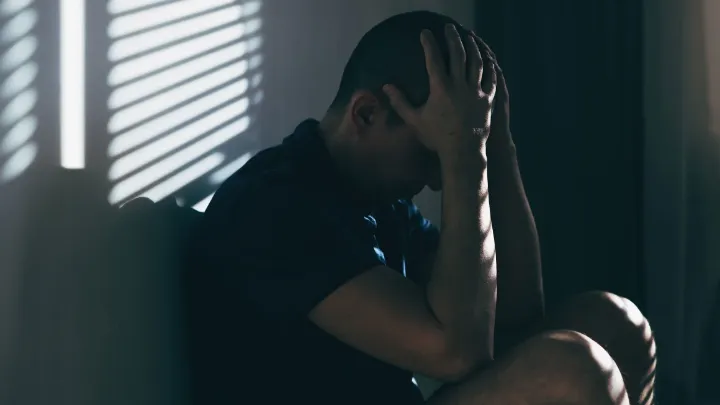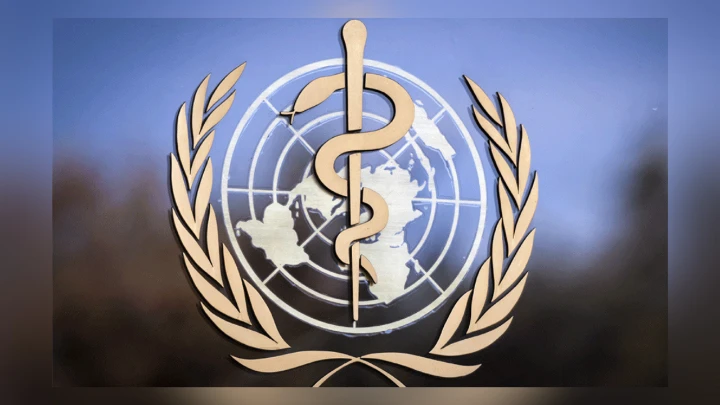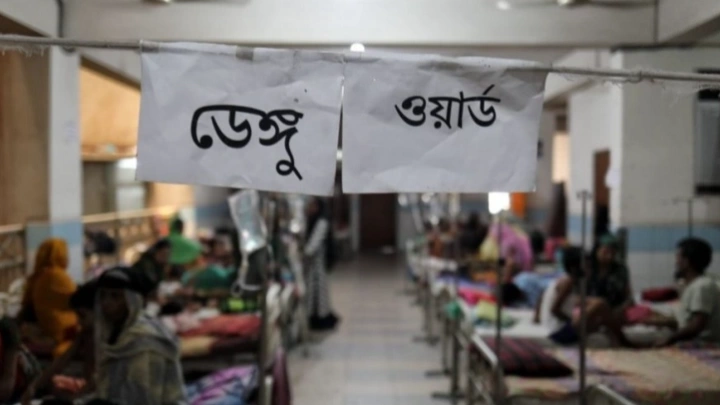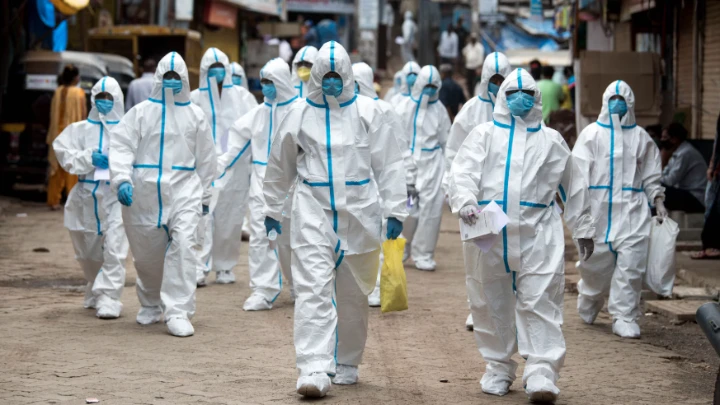Early signs of mental health issues and how to get help
Shining BD Desk || Shining BD
Caught cold and cough? You would be quick to rush to a physician. Feeling low or fatigued for six months? You would probably find something to blame yourself. It's the truth that seeking professional help for managing mental health issues is an unfamiliar territory for most and people tend to brush aside these issues thinking they are making a big fuss about a minor issue or it must all be in their head. They would also probably worry about their family and friends' reaction if they are taking therapy.
Also, like other health issues, understanding psychological issues is not that easy and the symptoms are not always obvious. One may also not be willing to spend time and money in their mental health considering it's not priority for most.
Debasmita Sinha, Psychologist & Clinical director, Manah Wellness talks about some common signs that one may need a mental health professional.
"Prolonged emotional health issues (usually lasting two weeks or more) typically should be discussed with a mental health professional. These issues include low mood or sadness; being anxious/unable to relax; brain fog or focus issues; unexplained fatigue/difficulty in starting or getting through the day; feeling disinterested suddenly in things that were previously enjoyable; having thoughts of self-harm or ending life; or any unexplained shift in appetite and/or sleep," says the psychologist.
The mental health expert says while your emotional health may not interfere with your daily functioning or your professional responsibilities, it does indicate that something needs attention. She stresses that like all ailments, mental health issues if detected early would increase your chances of recovery.
Even dealing with difficult events requires help
Another sign you need to see a mental health professional is that you are unable to cope with a difficult life event on your own. Even the healthiest individuals may struggle with stressful events or periods of transition in their lives. Getting professional mental health support at the outset can cushion the emotional shock and prepare you to deal with the distress accompanying these events.
"If you lost a loved one, going through divorce or breakup, a stressful relocation or a new project, undergoing physical or mental assault, you may need help," says Debasmita Sinha.
Why some people delay seeking professional mental help
Here are some common doubts people have about seeing a mental health professional, which can delay their treatment process:
1: “I don’t want others to know I am seeking counselling/therapy”
Fact: Social stigma about mental illness is a result of low awareness. Fortunately, this is changing and society is gradually becoming more accepting of people with mental illnesses. Every Indian citizen, by law, enjoys the right to good health (including mental health) and the right to access quality mental healthcare services. Such services are mandated to be totally confidential so that patients’ privacy is not compromised. So go ahead, exercise your right…the law is on your side!
2. “I don’t need an outsider to fix my problems”
Fact: When you need surgery or some other kind of specialised treatment, you go to a doctor who is trained in that specific condition. Similarly, a mental health expert is trained to deal with the different determinants of mental health, and could help you overcome your issue in a systematic and holistic way.
3. “I don’t have the time/money for mental health counselling/therapy”
Fact: Taking out time to address emotional issues helps you in the long run because it prevents the distress from snowballing further, which could further prolong treatment and recovery time. If your budget is what’s holding you back, there are plenty of free or affordable therapy platforms out there.
Who is the right mental health professional to go to?
Once you have decided to consult a professional, you need to figure out who would be best suited to your needs. Here are some different kinds of mental health professionals.
Counselling/Clinical psychologists: These professionals will have at least a Master’s degree in psychology. They are trained to identify mental health conditions, perform psychometric assessments, and treat the conditions using psychotherapy. Professionals with an MPhil in clinical psychology can diagnose people as well.
Guidance counsellors: These are people with diplomas in counselling or specific conditions and can provide guidance and counselling in those areas – e.g., education, marriage, or career. They usually do not identify or diagnose conditions beyond their area of knowledge.
Mental health social workers: These individuals have a Master’s in social work, with a specialisation in mental health. They provide support, and first aid, and work as a part of communities or social impact organisations.
Psychiatrists: These are medical doctors, with an MD or a Diploma in Psychiatry. They are trained to diagnose and prescribe medication to patients. They may or may not be trained in psychotherapy.
Psychotherapists: These are clinical or counselling psychologists who have received additional training beyond basic psychotherapies. Usually, they will specialise in one or more forms of psychotherapy.
All these professionals do not work in isolation. Since patients may need a combination of medication, counselling, or therapy, it’s quite common for psychiatrists, psychologists and psychotherapists to work in close coordination, to create the optimal treatment plan for the person.
Hindustan Times
Shining BD






















